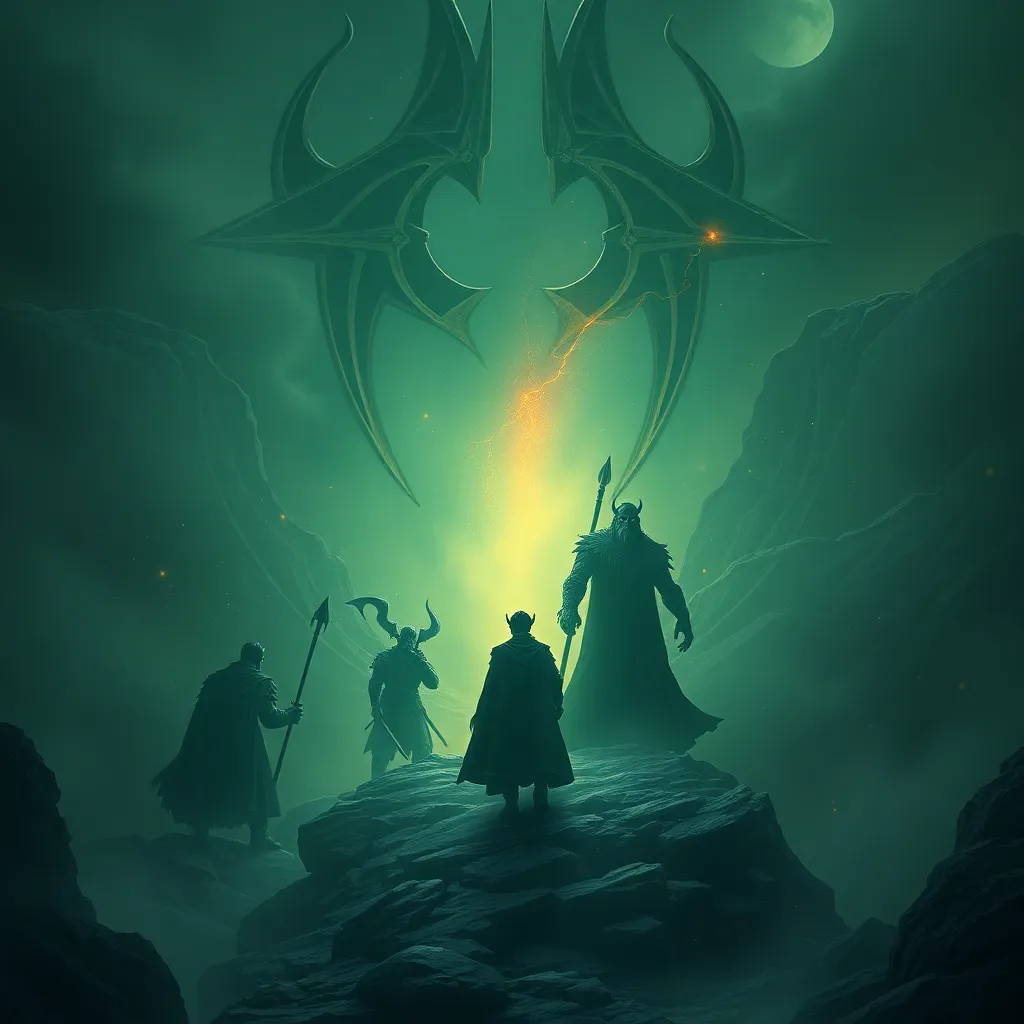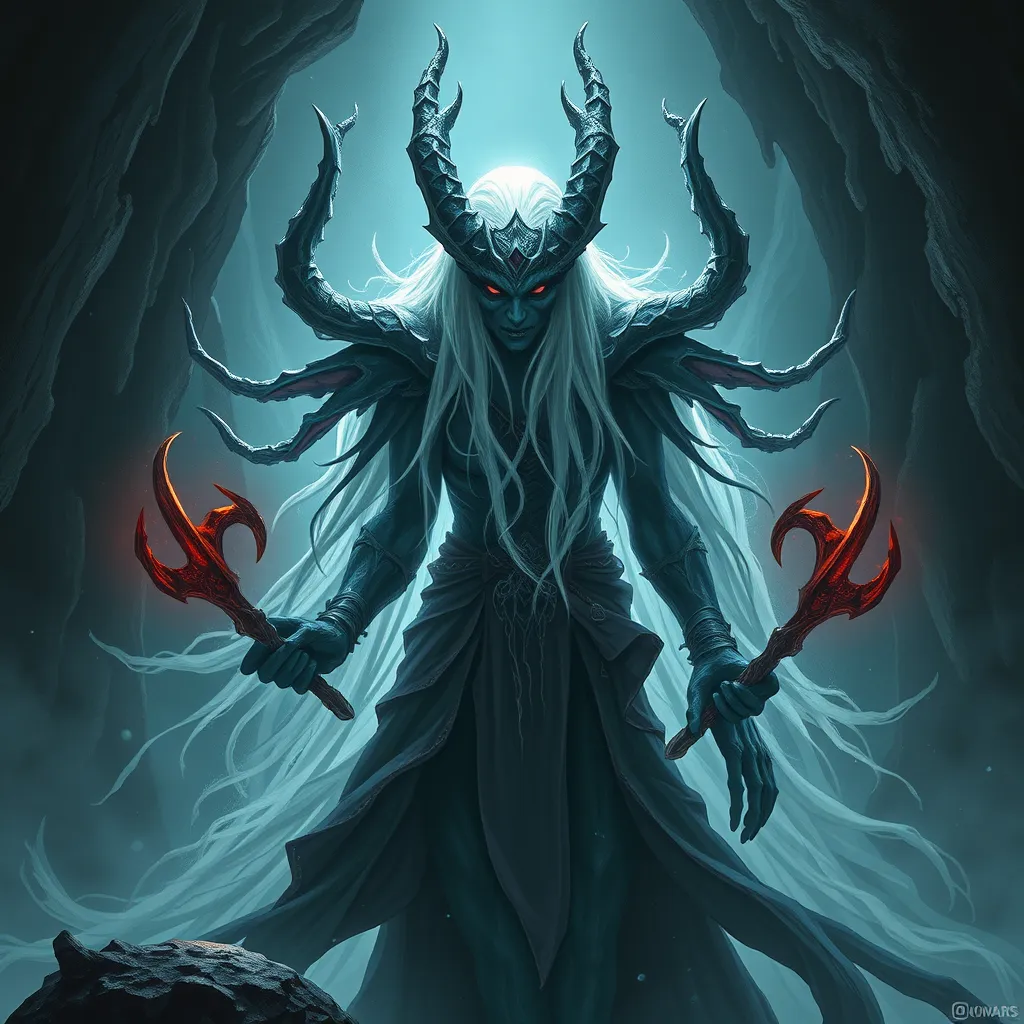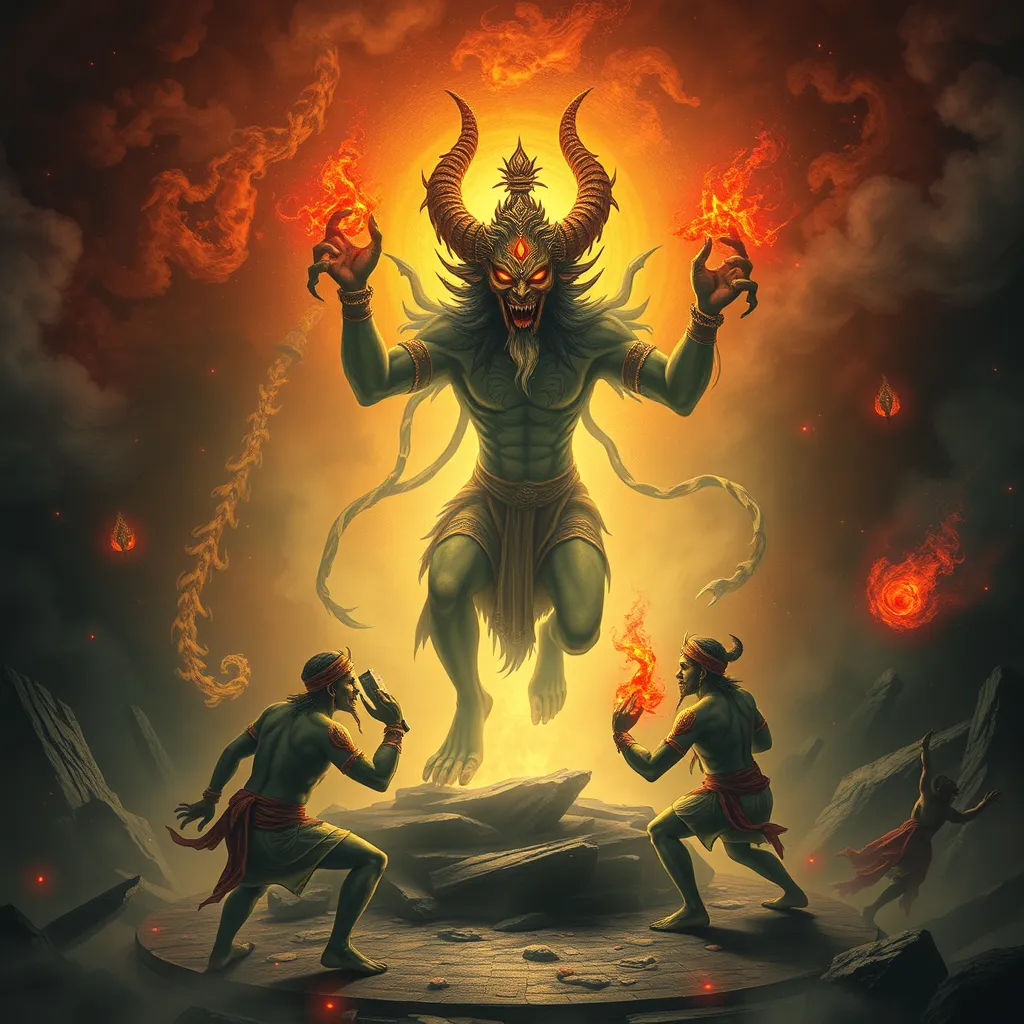The Orcish Quest for Redemption: Exploring the Possibility of Orcish Characters Achieving Moral Redemption
I. Introduction
In the realm of fantasy literature and games, orcish characters have often been depicted as brutish, savage beings, inherently evil and malevolent. This portrayal has shaped the perception of orcs in various narratives and has led to a fascinating exploration of their potential for moral redemption.
Redemption arcs are a prevalent theme in literature, representing a character’s journey from darkness to light, often involving significant personal growth, forgiveness, and acceptance. This article delves into the possibility of orcish characters achieving moral redemption, examining their historical context, psychological motivations, and the complexities of their narratives.
II. Historical Context of Orcish Characters
A. Traditional Depictions of Orcs in Fantasy Literature and Games
Historically, orcs have been portrayed as the quintessential villains of fantasy worlds. Their appearances in early works, such as J.R.R. Tolkien’s “The Lord of the Rings,” cemented their roles as monstrous adversaries, often characterized by their physical strength, aggressive nature, and lack of moral compass.
B. The Role of Orcs as Antagonists in Various Narratives
In numerous narratives, orcs serve as the primary antagonists, embodying chaos and destruction. This role has been perpetuated in various tabletop games, video games, and novels, reinforcing the stereotype of orcs as mindless marauders.
C. Evolution of Orcish Characters in Modern Media
However, the portrayal of orcs has evolved significantly in modern media. Writers and creators are beginning to explore more nuanced representations of orcs, emphasizing their culture, struggles, and potential for redemption. This shift allows for richer storytelling and a more complex understanding of orcish characters.
III. Psychological Underpinnings of Orcish Behavior
A. The Influence of Culture and Society on Orcish Identity
Orcish identity is often shaped by their cultural norms and societal expectations. In many narratives, orcish societies value strength and prowess in battle above all else, fostering an environment where violent behavior is normalized.
B. Exploring Themes of Violence and Brutality
The propensity for violence among orcish characters is often portrayed as a fundamental aspect of their nature. However, this view overlooks the factors that contribute to their brutality, such as societal pressures and the need for survival.
C. The Role of Environment in Shaping Orcish Morality
The environment in which orcs live greatly influences their moral compass. Harsh conditions and constant conflict can lead to a survivalist mentality, pushing them further into violent behaviors. Understanding this context is crucial for exploring their potential for redemption.
IV. Case Studies of Redemption in Orcish Characters
A. Analysis of Notable Orcish Characters Achieving Redemption
1. Example from Literature
An exemplary case of orcish redemption can be found in the character of Grommash Hellscream from the “Warcraft” series. Initially depicted as a fearsome warrior, Grommash ultimately seeks to break free from the cycle of violence imposed upon him by external forces, leading to a profound transformation.
2. Example from Video Games
In the game “Shadow of Mordor,” the character Torvin, an orc hunter, defies the archetype by showcasing loyalty and bravery, aiding the protagonist in overcoming greater threats. His character arc illustrates the possibility of an orc breaking away from the traditional villainous role.
B. Common Traits and Circumstances Leading to Redemption
Several traits and circumstances often lead to orcish redemption, including:
- Exposure to diverse cultures and perspectives.
- Personal loss or trauma that prompts self-reflection.
- Relationships with characters from other races that foster understanding.
- A strong desire to protect their community or loved ones.
C. Impact of Redemption on Their Communities
When orcish characters achieve redemption, the impact on their communities can be profound. Their transformation influences others, challenging preconceived notions and fostering a culture of acceptance and understanding.
V. Themes of Forgiveness and Acceptance
A. The Role of Other Races in the Redemption Journey
Interactions with characters from other races play a pivotal role in the redemption journey of orcish characters. These relationships often serve as catalysts for change, providing opportunities for forgiveness and mutual understanding.
B. Exploring Interactions Between Orcs and Other Characters
Through their interactions, orcish characters can challenge stereotypes, showcasing their humanity and capacity for empathy. This interaction enriches the narrative and highlights the importance of acceptance across different races.
C. The Power of Forgiveness in Narrative Development
Forgiveness is a powerful theme in stories of redemption. It not only allows orcish characters to move beyond their past but also encourages other characters to reevaluate their biases and prejudices.
VI. The Role of Choice in Orcish Redemption
A. Free Will vs. Destiny: Orcs as Architects of Their Fate
The struggle between free will and destiny is a recurring theme in the narratives of orcish redemption. Orcish characters often face choices that define their paths, emphasizing their agency and capacity for change.
B. Moral Choices Faced by Orcish Characters
Orcish characters are frequently confronted with moral dilemmas that challenge their beliefs and values. These choices can lead to significant character growth and the potential for redemption.
C. The Consequences of Redemption: Personal and Societal
The journey towards redemption often comes with consequences. For orcish characters, these can include personal sacrifices, strained relationships, and the challenge of rebuilding trust within their communities.
VII. Challenges to Orcish Redemption
A. Societal Stigma and Prejudice Against Orcish Characters
Despite their potential for redemption, orcish characters often face societal stigma and prejudice. These biases can impede their journeys, making it difficult for them to be accepted and understood.
B. Internal Conflicts and Struggles with Identity
Internal conflicts are a significant barrier to redemption for many orcish characters. Struggling with their identity and societal expectations can lead to feelings of hopelessness and despair.
C. The Limits of Redemption: Can All Orcs Be Redeemed?
While many orcish characters have the potential for redemption, the question remains whether all orcs can be redeemed. This complex issue invites discussions about morality, choice, and the nature of evil in fantasy narratives.
VIII. Conclusion
In summary, the exploration of orcish redemption reveals a rich tapestry of themes, characters, and narratives. Through understanding their historical context, psychological motivations, and the challenges they face, we can appreciate the potential for moral complexity in orcish characters.
The possibility of orcish redemption offers a fresh perspective in future narratives, inviting audiences to reflect on their own beliefs about morality, forgiveness, and acceptance. Ultimately, the journey of orcish characters towards redemption enriches the fantasy genre, emphasizing the importance of nuanced storytelling.



